“If you don’t have a seat at the table, you’re less likely to get your voice heard”
Tommy Newell speaks with London IOPC Regional Director Sal Naseem about working with the FDA on BAME member development courses and chairing our BAME into Leadership conference.
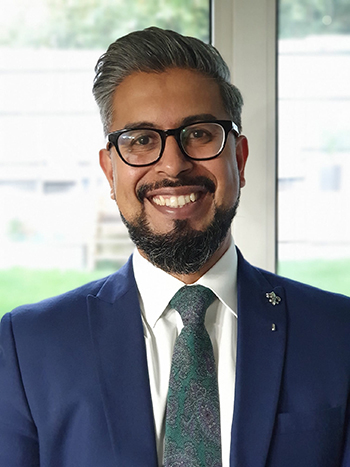
Sal was first approached to speak at BAME into Leadership through his active LinkedIn account, where he regularly posts about work and issues of discrimination. “I hadn’t heard of the conference before so when they explained what it was, I thought it was fantastic,” he recalls.
Speaking at his first conference, his approach was to just tell his “unvarnished” story: “I was really keen to share what it was like growing up as the first Asian family in a socially deprived Scottish town and the real-life challenges that I’ve faced. We’re not talking about micro aggressions but hate crimes, racism – that was just the constant drumbeat of my childhood and teenage years – and what that meant and how that shaped you for the journey ahead.”
Sal wanted to take the opportunity to show that if he can get to the position he’s in, “there’s no reason others can’t” and after getting the chance to tell his story, Sal said the response he got “was honestly overwhelming”.
He is currently the Regional Director for London at the Independent Office for Police Conduct (IOPC) and he also leads his organisation’s work on discrimination nationally. The IOPC is the body that’s charged with ensuring that there’s public confidence in policing and, in Sal’s words, he’s “very privileged” to be in the position he’s in, which is “full of opportunity and potential to drive change”.
“I’ve been doing this job for two and a half years and I’d like to say it’s been a steady, calculated progression of directorships but that would just be a lie. I’ve had to work really, really hard for a long time and create my own opportunities.”
After starting his career in the private sector in Scotland, Sal moved to England some ten years ago and “clawed his way up” through the ranks of the loosely defined “regulatory sector”, progressing from the Audit Commission to the Legal Ombudsman, to Ofqual and finally the Independent Police Complaints Commission (which is now the IOPC). “It’s just been a steady stream of progression for me but it’s been off the back of a lot of hard work,” he says.
“There are no complaints in that from me,” he adds. “I’m in a role now which is a role of real privilege. I was lucky enough to speak about, to use that cliché, my ‘journey’… at the BAME into Leadership conference earlier this year, because, as an ethnic minority, there have been challenges along the way.”
Sal joined the FDA off the back of his first BAME into Leadership conference. A key reason he decided to become a member was his firm belief in “giving back”, which also led him to chair this year’s BAME into Leadership in London, a hybrid event with delegates online and in-person, the first of its kind following the introduction of COVID-19 restrictions.
“Where we are at the minute, some people might make the assumption that things are much better and you know, things aren’t where they were in the 70s and 80s when I grew up, but equally they aren’t where they need to be.”
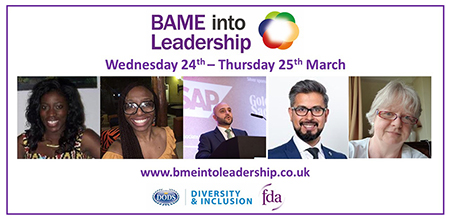
Sal’s well aware that sentiment can be “a divisive thing to hear”, as is evidenced by how it plays out more widely in the “culture wars”. However, he’s unwavering in his assertion that it is “the absolute truth” and he believes “the workplace can no longer ignore difficult conversations about race”.
“I’m optimistic. There are conversations we’re having now which we weren’t having this way previous to that. That doesn’t mean the issues weren’t there – the issues have always been there – it’s just given a platform for these conversations to happen.”
Related News
-
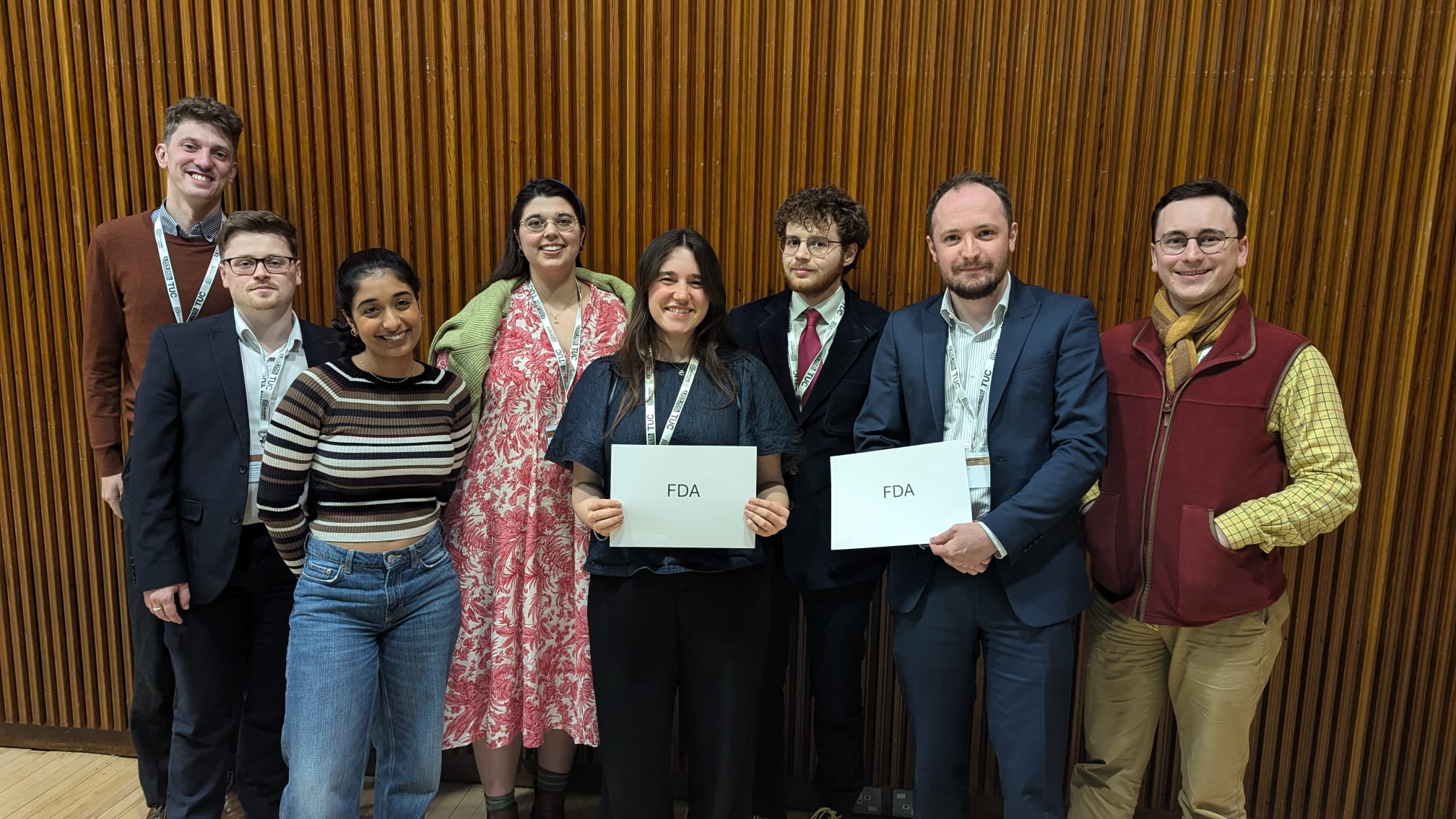
FDA attends TUC Young Workers’ 2025
This March, an FDA delegation attended the annual TUC Young Workers’ Conference in Congress House, London.
-
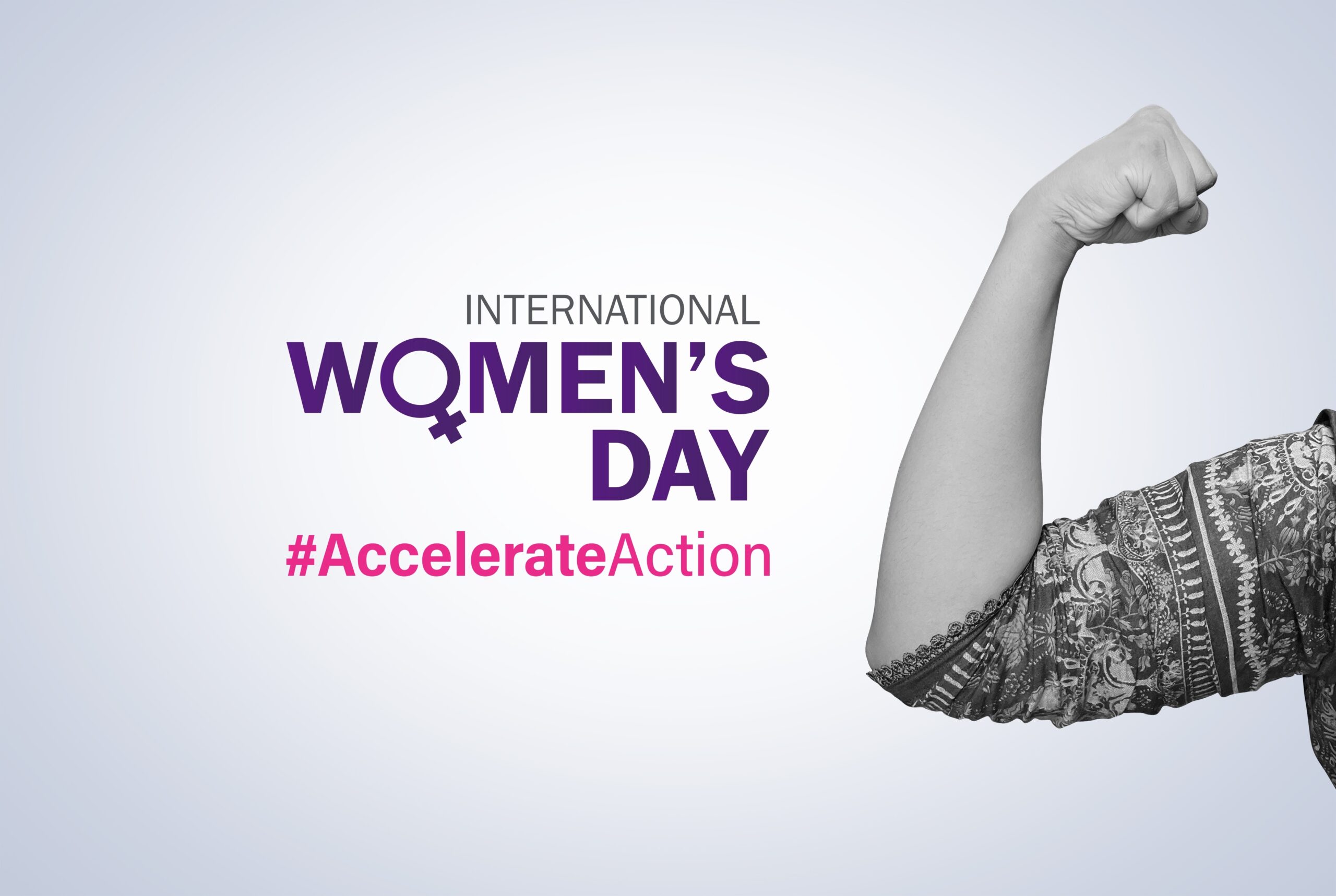
FDA celebrates Women’s History Month 2025 with panel event
To celebrate Women’s History Month and International Women’s Day 2025 the FDA hosted a panel event looking at the history of women in the civil service and within the trade union movement.
-
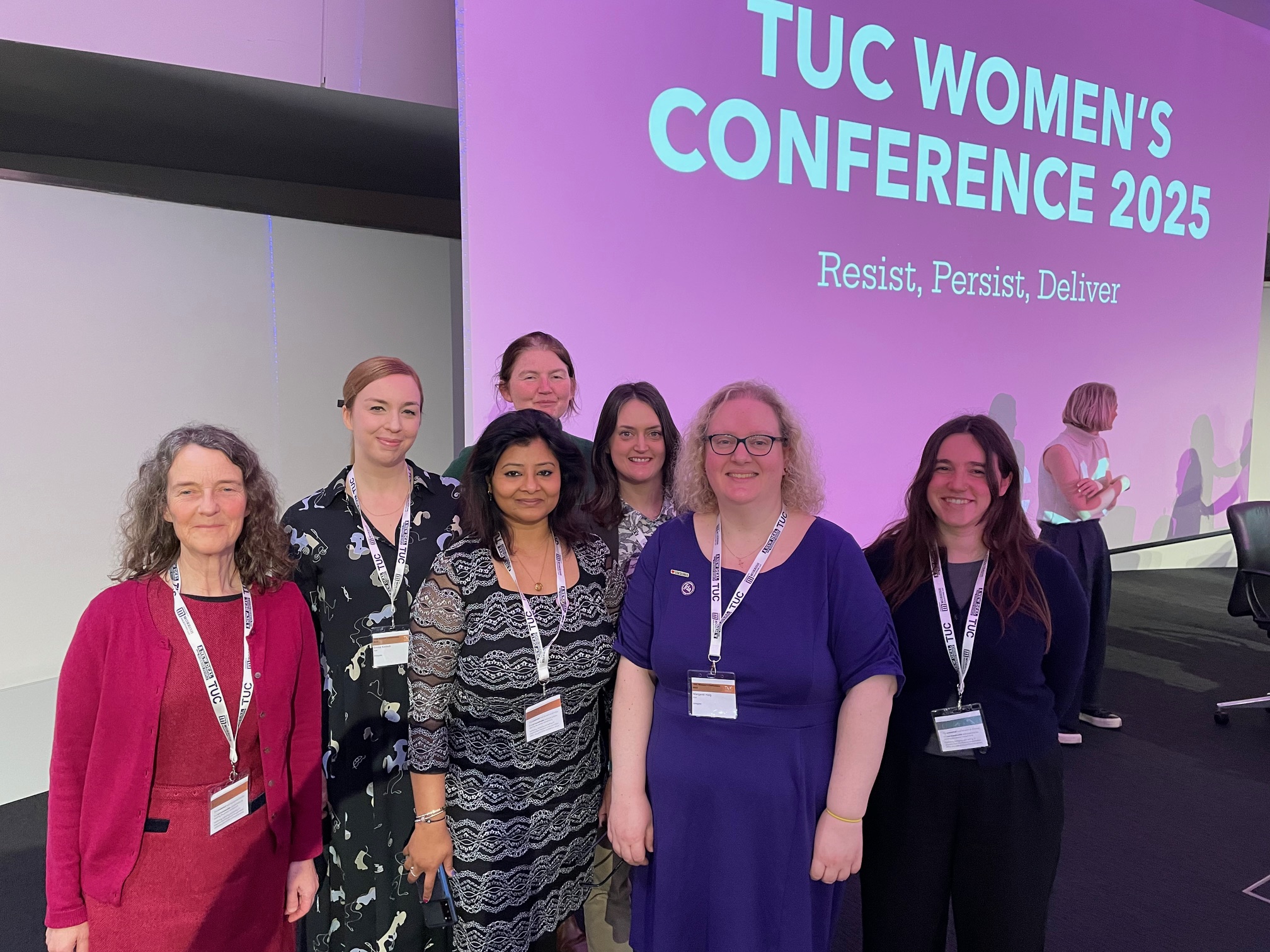
FDA attends TUC Women’s Conference 2025
A delegation of FDA members attended TUC Women’s Conference 2025, held in Congress House, London, from 5-7 March.